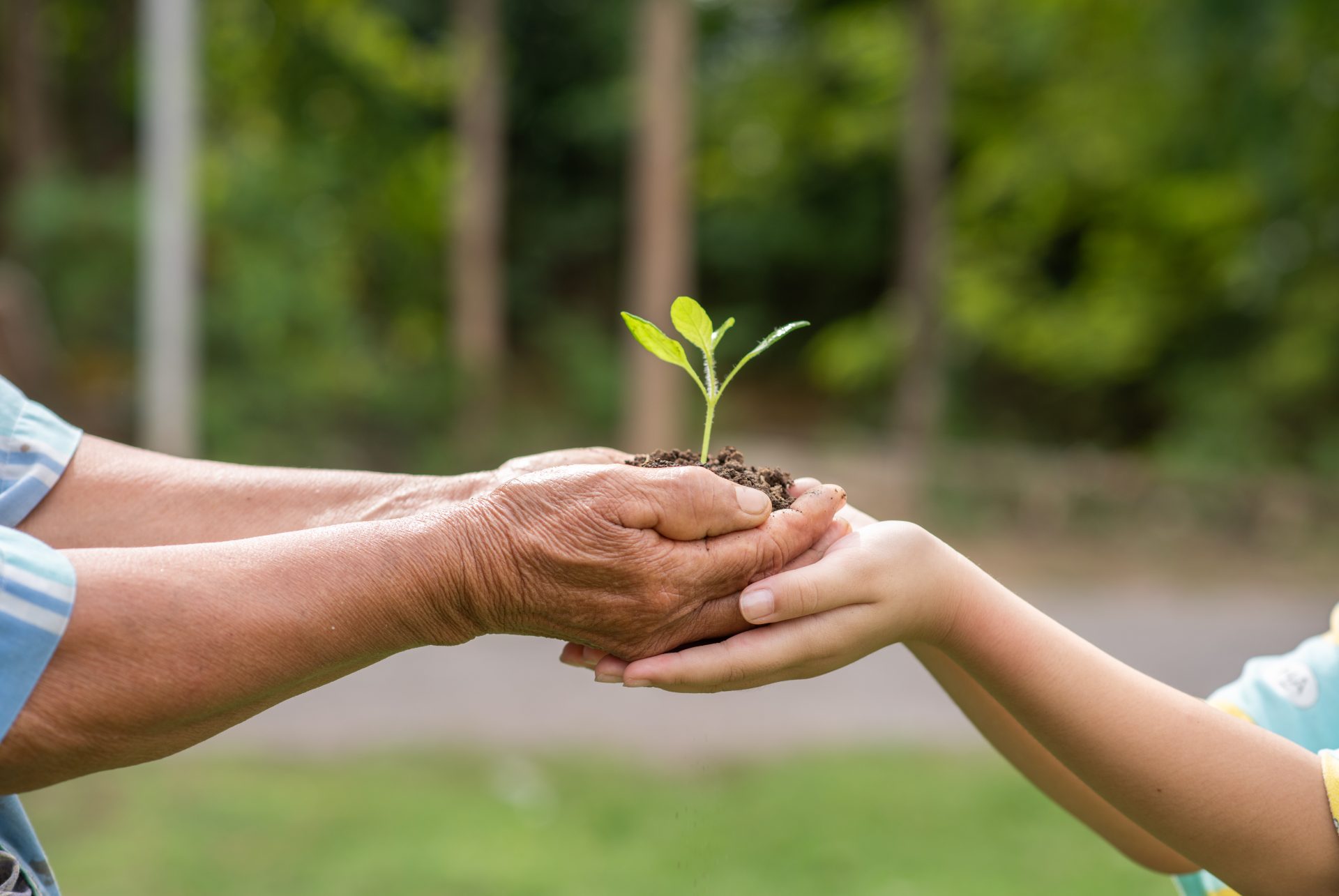
Does being a Christian make you more committed to protecting our common home? Is there a link between faith and ecology? What do Catholics expect from the Church on this subject? These are the questions addressed by a study conducted in France and published on June 22, 2023.
The study is the fruit of work initiated by Parlons Climat and A Rocha, which have been joined by a number of Christian organizations. The Laudato Si’ Movement was one of them. A survey of practicing Catholics was carried out by a market research institute, and enriched by the reflections of two doctoral students, Cléo Schweyer (doctoral student in information and communication sciences at Université Lumière-Lyon 2) and Gauthier Simon (doctoral student in political science at Université de Bordeaux).
The study’s originality lies in the fact that it takes an interest in all those who declare themselves to be practicing Catholics, regardless of how they practice their faith, thus bringing out more varied profiles.
First conclusion: Catholics are not climate skeptics. Sixty-seven percent believe that climate change is real, that it is caused by human behavior and that we need to change our ways of life, which is exactly the same percentage as in the overall French population sample.
The study also shows that the most devout Catholics are also the most committed to environmental issues. This result may seem surprising to some, but it’s actually quite coherent. As Gauthier Simon points out, “the link between level of practice and environmental commitment clearly shows that the most religiously committed Catholics are also the most socially committed, which confirms numerous other studies on the predisposition of religious socialization to commitment, religious or otherwise. As the climate question becomes a social issue, the most devout Catholics are seizing on it. ”
But it is undoubtedly by bringing together profiles with the same positions on environmental issues, irrespective of their religious practice, that the most interesting result emerged. Three groups stand out in the way they live their faith and their commitment, highlighting the link between faith and ecological commitment.
Cléo Schweyer explains: “The first group is made up of Catholics who are rather cultural, not very practicing and older than the average respondent, and who feel that Catholicism and the identity of France are under threat: these people are not very sensitive to environmental issues. The other two groups have in common a high level of religious practice and great sensitivity to environmental issues, but in different ways. There is a group of ‘eco-friendly-Catholics’ who are very committed to environmental issues, but who are less involved with the Church, and who tend to practice on an individual or ‘de-institutionalized’ basis. Finally, there’s a group of ‘ambivalently committed’, clearly more feminine and younger, very well integrated into the Church and committed outside it. This group is sensitive to the environmental crisis but has a strongly anthropocentric relationship with nature, which may explain why they appear a little disoriented about the actions to be taken. These three tendencies seem to reflect the French Church’s unclear environmental communication, as well as the different reconfigurations observable in Catholicism today.”
How can these groups be encouraged to take action against the ecological crisis, at a time when scientists are constantly reminding us of the urgent need to act?
One key is undoubtedly to make the Laudato Si’ encyclical better known. The study shows that 44% of Catholics have heard of it, and that it has reached people outside the Catholic Church (25% of the French population has heard of it). Yet many of the questions raised by the “ambivalently committed” could be answered by delving into the encyclical. And how can we fail to link the expectations of the “eco-friendly-Catholics in retreat” vis-à-vis the Church with Laudato Si’s call for community conversion?
The approaching Season of Creation 2023 is a new opportunity to be prophetic, in keeping with this year’s theme: Let Justice and Peace flow, inspired by the prophet Amos (Amos 5.24). Make the theme visible during celebrations, use the Season of Creation Celebration Guide as inspiration, so that everyone knows about the event and can join those who are taking action; screen the film The Letter; or organize prayer services as an advocacy action… There’s no shortage of ways for Catholics of all persuasions to join forces to safeguard our common home!
Find out more: the full results of the study and a presentation of the three types of profile.





